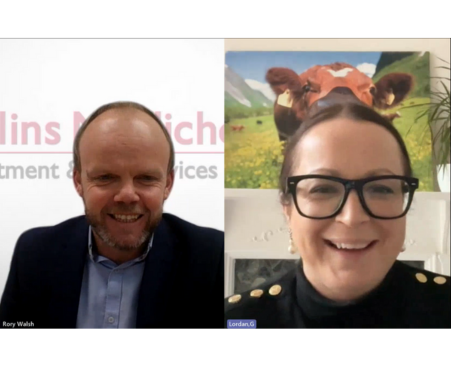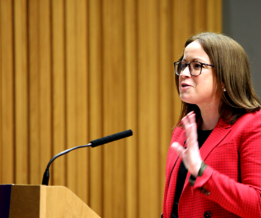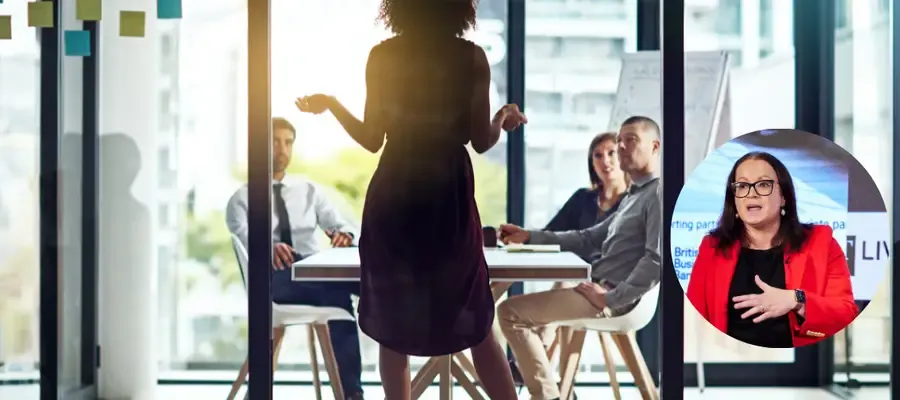In a recent interview conducted by Rory Walsh with the renowned expert Dr. Grace Lordan, during the enlightening webinar on "The Future of Work," profound insights were unveiled regarding the shifting dynamics of the professional landscape. Grace’s expertise shed light on the significance of inclusive leadership in the face of evolving challenges and transformations. As organisations strive to cultivate diverse and collaborative environments, embracing inclusivity has become an indispensable imperative. This article will explore the essential insights gained from the webinar, providing an in-depth exploration of Dr. Grace Lordan's journey towards Inclusive Leadership.

The Need for Inclusive Leadership
With the advent of the knowledge economy, organisations now rely on creativity, innovation, and productivity to thrive. Inclusive leadership plays a vital role in nurturing these qualities within teams. Grace explains, "To reach the top, you'll need to have leadership skills, and I call it inclusive leadership skills." Inclusive leaders encourage diverse perspectives, challenge the status quo, and create psychologically safe environments.
Lessons in Inclusive Leadership
Grace emphasises the significance of paying attention to meetings as a fundamental lesson in inclusive leadership. She suggests that leaders should strive for a balanced culture where individuals speak when they have unique insights and actively listen to challenge their colleagues' perspectives. Inclusive leaders bring voices into the conversation that might not organically emerge while ensuring dominant voices do not overshadow others. Furthermore, they prioritise avoiding unproductive meetings and aim for efficient communication channels like email when appropriate.
Overcoming Habits for Inclusive Leadership
Grace, a behavioural scientist, delves into the importance of habits in leadership. She explains the two thinking styles proposed by behavioural scientists: fast, habit-driven thinking (system one) and slow, deliberate thinking (system two). Inclusive leaders focus on embedding good habits that facilitate inclusivity in their leadership styles. By running effective meetings, ensuring diverse participation, and actively managing time, leaders can cultivate inclusive habits automatically.
While habits can be beneficial, they can also hinder improvement and change. Grace acknowledges the challenges of breaking bad habits and suggests that leaders should be self-reflective to identify and address their flawed habits. By prioritising the habits that empower their teams, leaders can foster autonomy, efficiency, and employee happiness.

Cognitive Biases and Inclusion
Grace highlights the impact of cognitive biases on inclusion, particularly ego-driven bias. Ego-driven bias can lead to hiring individuals who are similar to ourselves, reinforcing our own preferences and beliefs. Overcoming this bias is crucial for fostering inclusivity. Inclusive leaders challenge their ego-driven biases and prioritise hiring based on talent, diversity, and skillsets rather than personal affinities.
In conclusion, organisations must prioritise inclusivity to thrive in the modern business landscape. Inclusive leadership drives creativity, innovation, and productivity by valuing diverse perspectives and challenging conventional norms. By paying attention to meetings, cultivating inclusive habits, and confronting cognitive biases, leaders can create a culture of inclusivity that fosters collaboration, growth, and success.
View the full webinar recording below.
If you're an Employer that is interested in working with Collins McNicholas for your recruitment needs you can find more information on our Recruitment Solutions below.


